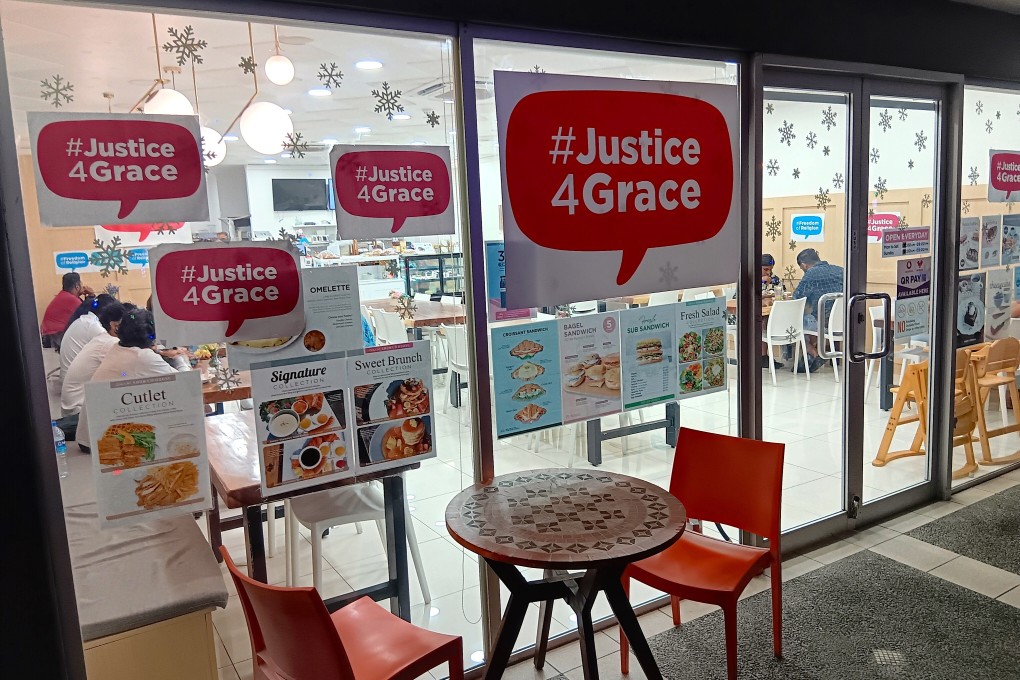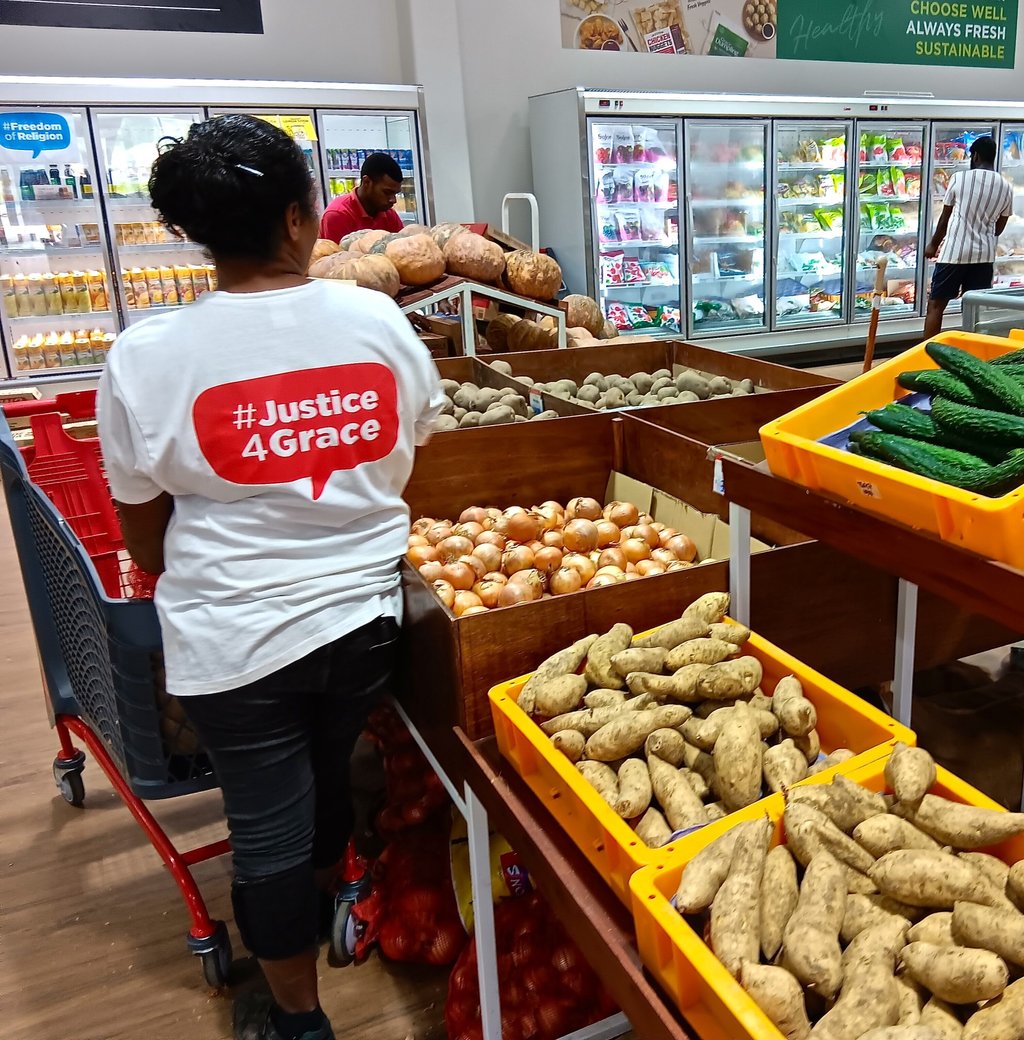A South Korean ‘cult’ in Fiji? Grace Road Church business practices under scrutiny over forced labour allegations
- Grace Road Church has been accused of being a cult and its leaders charged with abuse but its companies have also had a major impact on Fiji’s economy
- The group’s outlets remain popular among Fijians, even as local officials have warned against ‘some people’ who use migrant workers to make a profit

The religious and business practices of a controversial South Korean Christian church sect in Fiji are under scrutiny by authorities, with its leaders facing deportation over charges they have abused and exploited their members.
The suspects from Grace Road Church (GRC), which has established itself in business chains across the Pacific island nation, were given a reprieve last week by Fiji’s High Court, which ruled they should be allowed to stay in the country, for now.
Sentiments regarding GRC are mixed in Fiji. Since arriving in the country in 2014, the South Korean church has formed a conglomerate, Grace Road Group (GRG), which now owns nine companies. And while the GRC has been accused of being a cult and its leaders have been charged with committing serious crimes and human rights abuses, its companies have also had a major impact on the local economy, providing thousands of Fijians with jobs.

In September, many of those employees signed a petition demanding that authorities release GRG’s president, Daniel Kim, from detention.
An investigation by the Organised Crime and Corruption Reporting Project (OCCRP) revealed that South Korean police had visited Fiji in 2018 to scrutinise GRC activities and recommended charges against its leaders. But the Bainimarama government did not act on those recommendations, even though they were provided with evidence of Korean staff in Fiji being abused.
